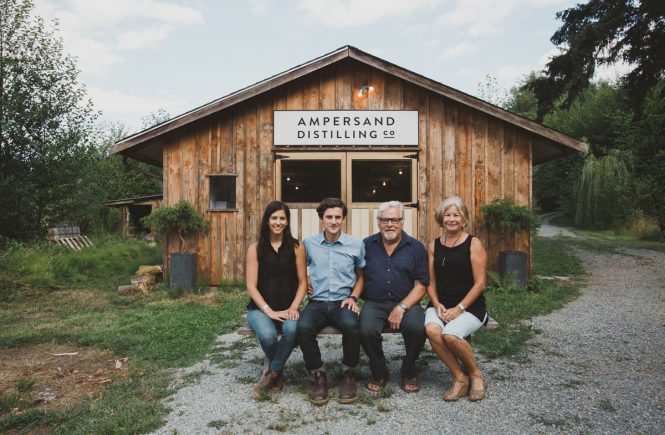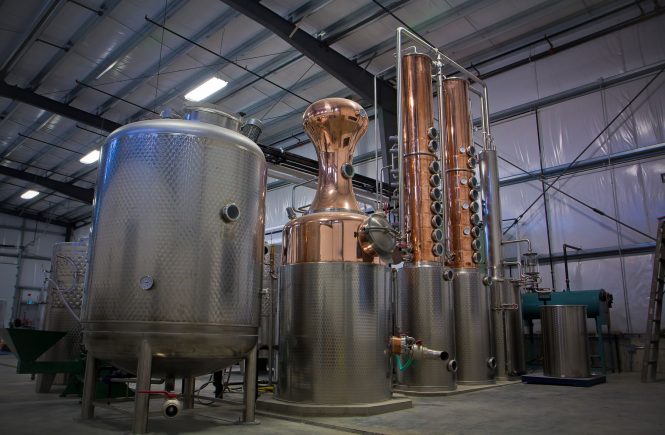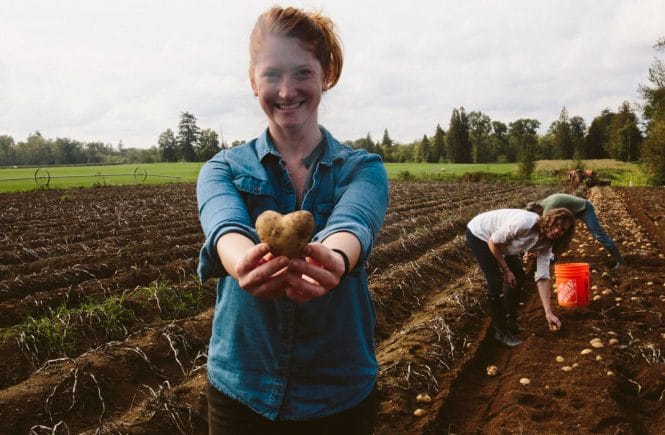Canada’s Diageo World Class success has much to do with national program to educate and inspire bartenders

Vancouver made cocktail headlines around the world in August when Kaitlyn Stewart was named bartender of the year at the Diageo World Class competition.
The Royal Dinette bartender’s feat was extraordinary, topping a field of 56 mixologists from around the world during a gruelling four days of competition in Mexico City.
But Stewart isn’t a one-hit wonder for Canada. Since they first entered the global competition five years ago, Canadians have ranked consistently high, says Michael Armistead, World Class Canada lead with Diageo Canada. Previous World Class Canada winners include Jenner Cormier (2013), Grant Sceney (2014), Lauren Mote (2015) and Shane Mulvany (2016). Canada’s growing profile in the global cocktail community is testament to the thriving scenes of Vancouver and Toronto—and strong emerging markets, Montreal and Halifax—but also to the work Armistead and his team undertake as part of the wider World Class program.
“We’re really proud of the program in Canada,” Armistead says. “We’ve developed it to the point where we are a year-round program focused not just on the competition but also on bartender education.”
That includes training modules and workshops, which frequently feature brand owners or ambassadors as well as past World Class national winners. Masterclasses focus on Diageo Reserve brands—sector-leading and award-winning drinks including Johnnie Walker, Tanqueray, Ketel One and Bulleit—but also investigate the category as a whole.
The program is designed to educate and inspire bartenders to better practise their trade and spread the gospel of cocktail culture. The public, too, can get a taste of the “World Class experience” at pop-up bar events held around the workshops, while Armistead also creates an annual book featuring recipes by the national World Class winner using Diageo Reserve brands, which are built on strong heritage, craftsmanship and authenticity.
“The idea of the program is to try to demystify cocktails—much like chefs have done on TV with cooking—to enable and inspire people to make cocktails at home; rather than just the spirit and mix, get a little bit more adventurous,” Armistead says.
It helps that bartenders are a social bunch whose enthusiasm is infectious. Facilitated by social media networks, the tight-knit community of bartenders across Canada—and the world—is remarkable, Armistead adds.
Even on the biggest stage, competitors will help each other out and cheer each other on. It makes for a fun, if intense, atmosphere during the World Class final. Armistead has attended for the past two years, having helped assemble the team accompanying Canada’s representative.
“I’ve never known euphoria like it this year, it was a special experience to be part of,” he says.
THIS POST IS SPONSORED BY:
Diageo World Class Canada,
DiageoWorldClassCanada.com




